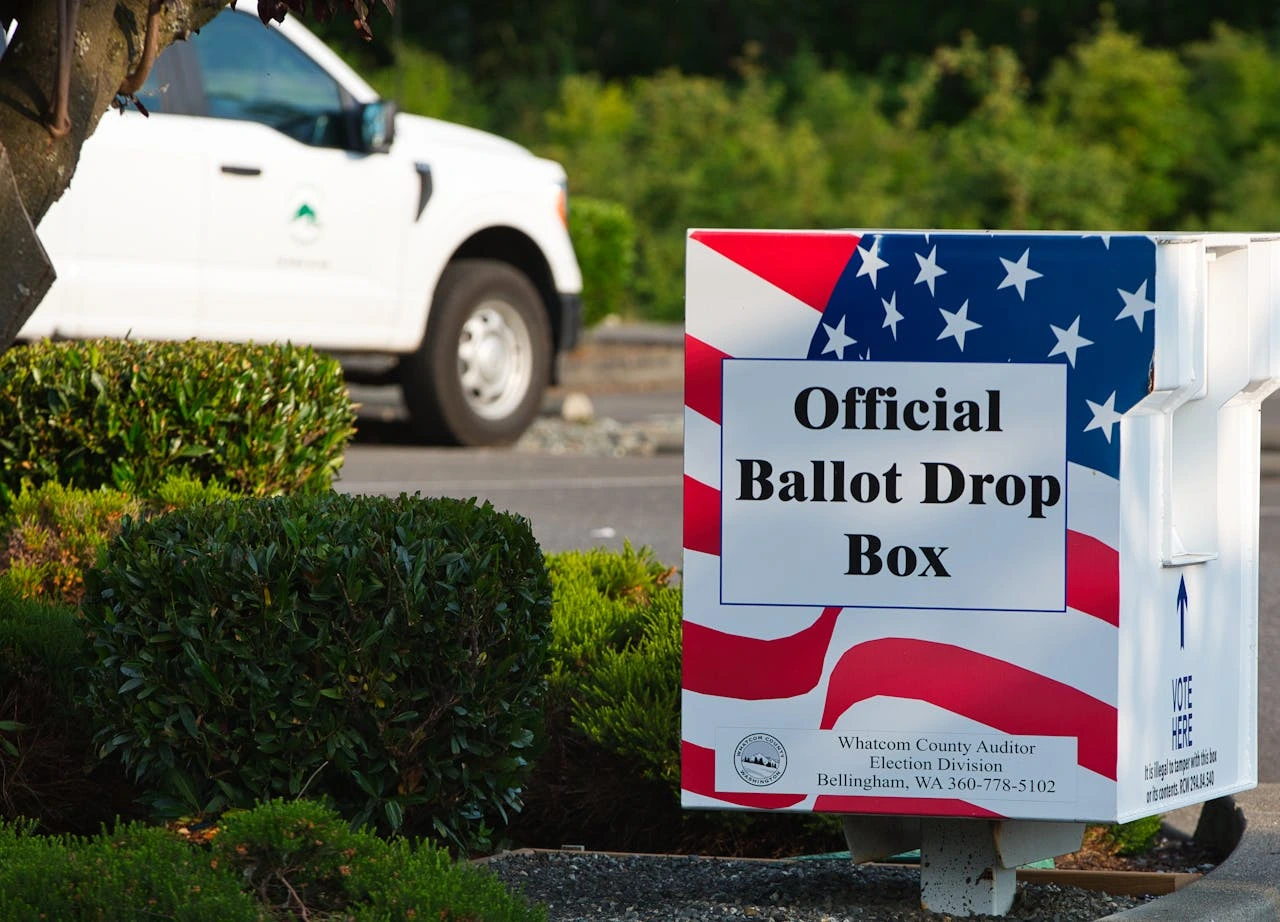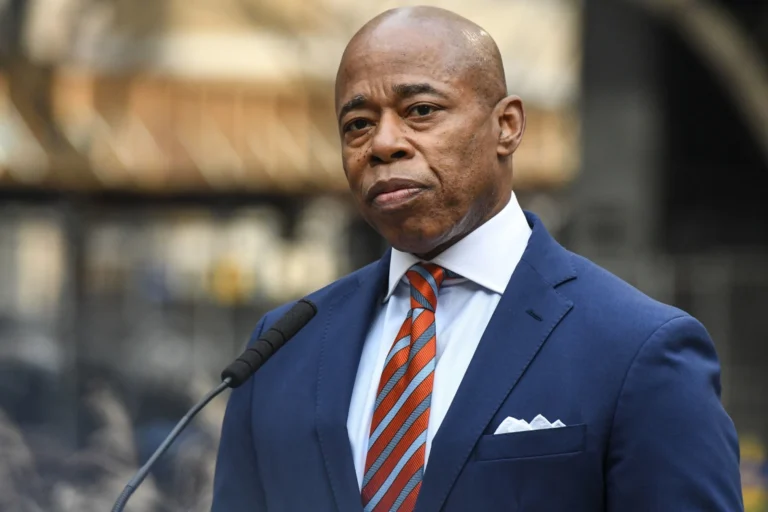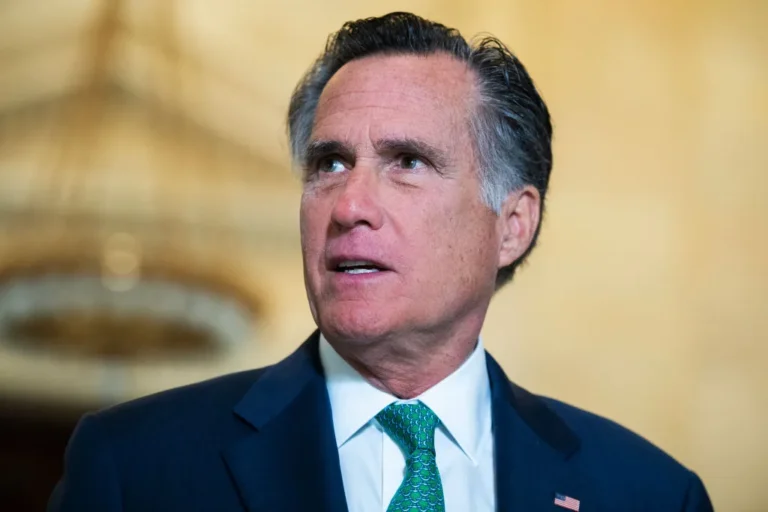Elections BC Reports Significant Increase in Mail-in Ballots; Counting to Start This Weekend
Elections BC has announced that it received a substantial number of mail-in ballots, approximately one-third more than originally anticipated. This weekend, the counting process will commence, beginning with two electoral ridings where the incumbent New Democrats (NDP) are leading the Conservatives by narrow margins.
On Saturday morning, staff will begin counting the 65,000 mail-in ballots that have been mailed out across the province. The initial focus will be on Surrey City Centre and Juan De Fuca-Malahat, where the NDP currently leads by 95 and 23 votes, respectively. While the results for the Vancouver suburb are expected to be available that same day, the tally for the southern Vancouver Island riding may take longer, potentially extending into Sunday, according to Elections BC spokesperson Andrew Watson.
Following the preliminary count conducted after last Saturday’s provincial election, the NDP are leading or have been elected in 46 seats, while the Conservatives are in 45 seats and the Greens have secured two. The counting of mail-in ballots will take place this weekend, with a final count of remaining absentee ballots scheduled for Monday. Elections BC estimates that these absentee ballots represent about 1 percent of the more than two million votes cast.
If the preliminary results hold, it appears neither the NDP nor the Conservatives will secure the 47 seats necessary for a majority government. This outcome could again place the Green Party in a pivotal role, allowing them to negotiate with the two major parties for a balance of power. A similar situation occurred during the 2017 election, where extensive negotiations ultimately led to the formation of a minority government.
In that election, it took two months to determine which party would govern. After protracted discussions, the three elected Green members agreed to support the NDP, securing official party status for themselves, campaign-finance reforms, and a commitment to pursue electoral system changes. This arrangement enabled Premier John Horgan to form a minority government that lasted over three years before he called a snap election, resulting in a majority win for the NDP.
Stewart Prest, a political science lecturer at the University of British Columbia, highlighted that the significant increase in mail-in ballots this election cycle raises the likelihood of the Juan De Fuca-Malahat riding flipping to the Conservatives. However, he noted that overcoming a 100-vote lead in Surrey may prove challenging for them.
Prest pointed out a historical precedent with the Green candidate Jeremy Valeriote, who was elected last week in West Vancouver-Sea to Sky. Valeriote had previously run in the same riding during the 2020 election, where he led by over 600 votes after the initial count but ultimately lost by 60 votes once mail-in ballots were counted. While that loss did not substantially impact the overall election results, it prevented the Greens from securing their first seat on the mainland until this election.
Elections BC has yet to provide a detailed breakdown of the distribution of this year’s 65,000 mail-in ballots but plans to release that information on Friday.
The spotlight this weekend will be on the Juan De Fuca-Malahat riding, according to Mike McDonald, a partner at Kirk and Co., a Vancouver-based consulting firm. McDonald, who previously managed Christy Clark’s successful campaign for BC Liberal leadership and served as her chief of staff, emphasized the significance of this particular riding.
“This newly significant riding, encompassing rural areas from Mill Bay to Metchosin to Port Renfrew, could be crucial in determining whether another election will be needed next year due to a political stalemate, or if the NDP, with Green support, can find a way to govern effectively,” said McDonald. He also co-hosts a provincial politics podcast, reflecting the heightened interest in the unfolding electoral dynamics in British Columbia.
As the weekend approaches, the counting of mail-in ballots is poised to play a critical role in shaping the political landscape in British Columbia, with potential implications for the balance of power in the province’s legislature.






